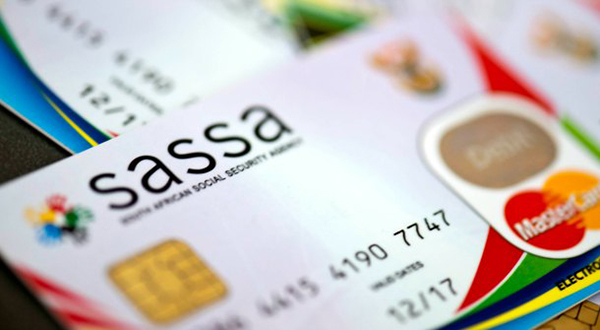The Black Sash has called on the Department of Social Development (DSD) and SASSA to reinstate and extend temporary disability grants for three months. This comes after the South African Social Security Agency said the high cost involved, and the need to comply with the law, had forced them to suspend 210 778 disability grants nationally from 31 December 2020.
On 6 August 2020, the Minister of Social Development issued amendments which allowed for temporary disability grants, lapsing from July onwards, to be extended to 31 December 2020. The Regulations allowed for a six-month extension of medical approvals for Disability Grants granted prior to the 27 March 2020 Covid-19 lockdown.
In a statement on 7 January 2021, SASSA said recipients would need to reapply. This came a week after the government’s 28 December 2020 shift back to Level 3 national lockdown to contain the second wave of coronavirus.
The Black Sash highlighted the health risks and administrative challenges to recipients during the current health and humanitarian crisis.
“In July 2020, SASSA announced that it had a total of 475 contracted medical officers to conduct assessments but due to Covid-19 protocols, the number of assessments per day was reduced from 40 to 20,” the Black Sash said. “Our healthcare system and capacity remains dangerously overstretched and is struggling to cope with the pandemic despite the President’s announcement that vacancies at public hospitals are being filled. “
“SASSA undertook to have a comprehensive system in place by the end of January 2021 for resolving these issues. It is unclear at this stage how effectively and safely SASSA will process lapsed and new disability applications during this resurgence of a more potent strain of Covid-19 and with reduced capacity to perform medical assessments.”
“Recipients who are desperately trying to comply with the disability grant application process are now subject to long congested queues outside SASSA offices potentially exposing them to Covid-19,” the organisation said.
SASSA said in its 7 January statement that temporary disability grants paid during lockdown had cost the state more than R1.5 billion. Continuing to pay them until the end of March 2021 would cost an additional R1.2 billion. “These funds are not available.”
However, the Black Sash says for the 2020/2021 financial year, the DSD and SASSA budgeted R24,4 billion for disability grants. Between April and September 2020 an amount of R11,4 billion (46,8%) had already been spent. Funds remaining, as at October 2020, was R12,9 billion.
“It is highly unlikely that all these funds would have been spent between November and December 2020,” the human rights organisation said in a statement this week. “SASSA has the funding to extend the temporary Disability Grants for at least three months, until March 2021.
“This will present SASSA with a window of opportunity to resolve their system and capacity challenges to deal with renewals for the lapsed and new disability grant applications safely and timeously without infringing on the right to social security.”
Serious consequences
Local disability activist Chris Dyokomba said suspending temporary disability grants was a violation of human rights.
“Everyone has the right to have access to social security, including if they are unable to support themselves and their dependants. Appropriate social assistance is part of Section 27 (1)(c) of the Bill of Rights. Suspending the disability grant is a violation of human rights.”
Social worker at Makhanda’s Association for the Physically Disabled Francine Mwepu slammed the move as unfair.“A disabled person needs this to survive,” Mwepu said. “For many, this is their only income.”
Grocott’s Mail has requested comment from the Eastern Cape Provincial Council of and for Persons with Disabilities and the Department of Social Development’s Sarah Baartman district and will add this when we receive it.
SASSA said in its statement, “The inconvenience caused by the suspension of the temporary grants, particularly at this time, is acknowledged. However, compliance to the legislation and the cost implications have informed this challenging decision.”



